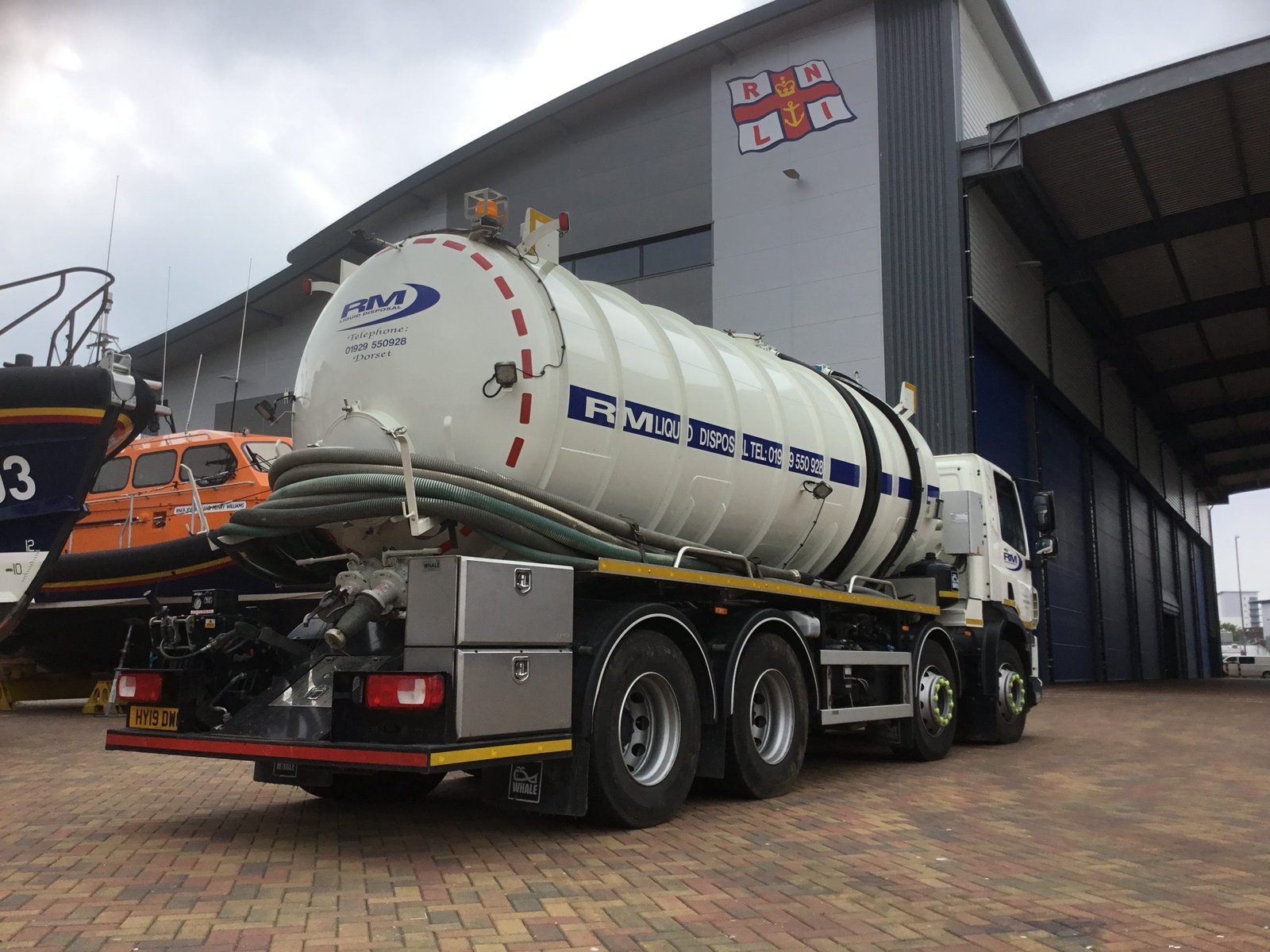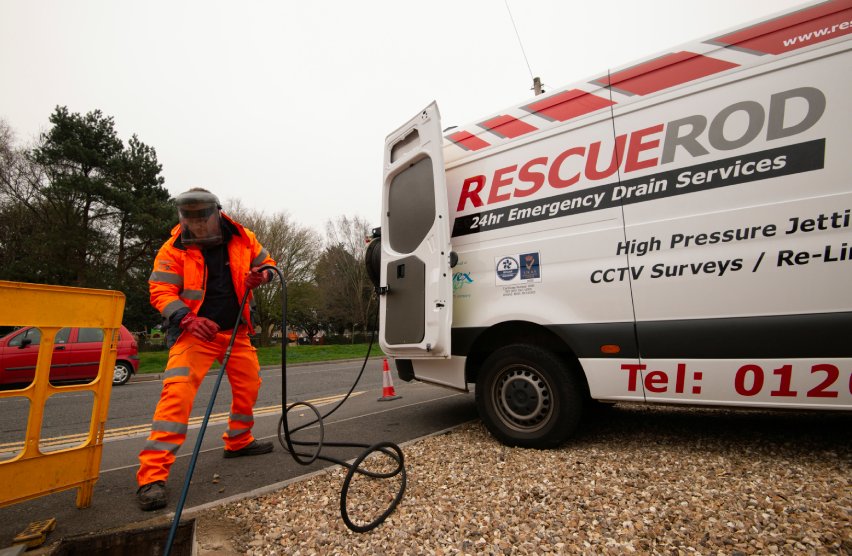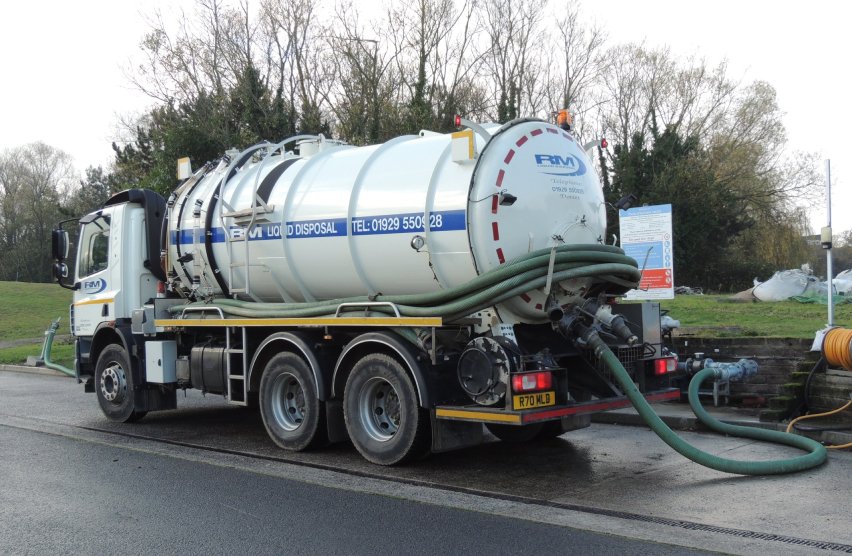Operating 24/7 throughout the year, Rescue Rod is equipped to sort all of your drainage and potable water issues.
INTERCEPTOR EMPTYING
Preventing expensive interruption and pollution.
Regular interceptor emptying is vital in ensuring efficient running of your site or location, in addition to helping you to avoid expensive interruption as a result of pollution from surface water or drainage problems.
Interceptor tanks are generally found in locations where vehicles can leak fuel and/or oil onto the site grounds, such as: petrol stations, garages, supermarkets, car parks, car washes and industrial sites.
Interceptors are fitted to your drainage system in order to separate dirt and oil etc from wastewater in order to prevent pollution.
Subject to sampling, we are able to empty a variety of ‘Interceptor’ chambers and tanks from car parks, wash down areas, hardstands and forecourts.
Call with details and requirements and we will be sure to provide the most competitive rates available.

How often should an interceptor emptying be done?
Interceptor emptying frequency varies depending on factors like interceptor size, usage, and local regulations. Generally, it’s recommended to empty interceptors every 3 to 6 months to ensure optimal performance.
What is a drain interceptor?
A drain interceptor, also known as a drain separator, is a tank installed within drainage pipework to collect and retain contaminants, such as oil and petrol, preventing them from entering surface water drains during rainfall.
How does a drain interceptor emptying work?
Drain interceptors remove contaminants from surface water before it reaches the main sewer system. They use tanks or chambers to allow heavy solids to settle at the bottom while lighter oils rise to the top, ensuring cleaner water discharge.
What happens if an interceptor is not emptied regularly?
Ignoring regular interceptor emptying can lead to clogs, odors, and potential environmental contamination due to the buildup of waste and pollutants.
What are some signs that indicate an interceptor needs emptying?
Signs that an interceptor needs emptying include slow drainage, foul odors, and visible buildup of waste and pollutants in the interceptor.



